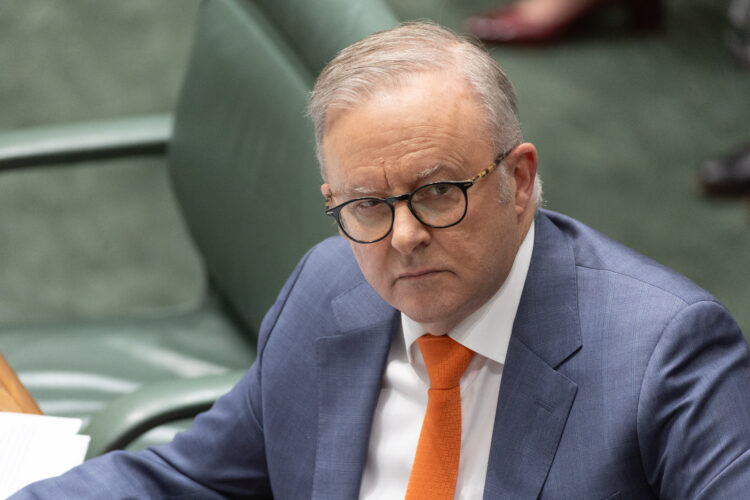Angus Taylor is up. Because there is not enough pain in this Wednesday.
Q: Will the Prime Minister condemn his close personal friend Daniel Andrews attending the Chinese Communist Party military parade, alongside the Presidents of Russia, North Korea and Iran?
Nope, turns out there is no such thing as enough pain.
There is a back and forth over whether the question is in order. Tony Burke says questions need to be in relation to things he is responsible for. Alex Hawke argues that he is the prime minister and therefore responsible for everything.
Albanese says he is fine to answer the question, which stops the never ending stupid debate.
Albanese:
I am responsible for the Australian Government, the Australian Government did have a representative there and the Australian Government did have a representative 10 years ago. That was while the member was in the government. Our government chose that that would not be the case.

